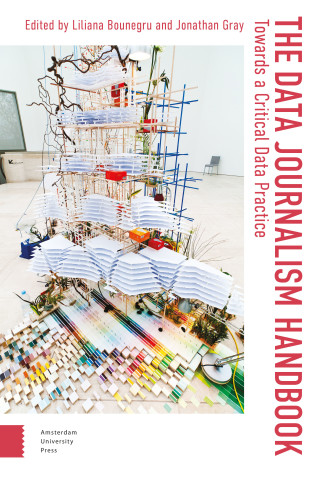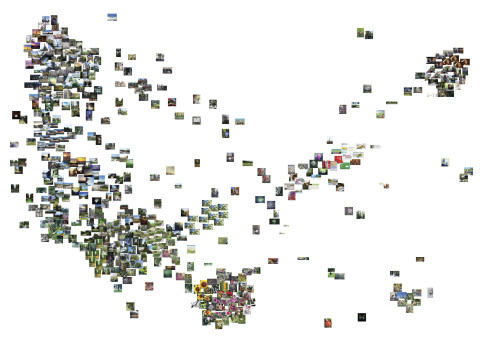
- Series editors
Tobias Blanke, University of Amsterdam
Liliana Bounegru, King’s College London
Carolin Gerlitz, University of Siegen
Jonathan Gray, King’s College London
Sabine Niederer, Amsterdam University of Applied Sciences
Richard Rogers, University of Amsterdam- Geographical Scope
- International
- Chronological Scope
- Contemporary
- Editorial Board
Claudia Aradau, King’s College London
Payal Arora, Erasmus University Rotterdam
Taina Bucher, University of Oslo
Jean Burgess, Queensland University of Technology
Anita Say Chan, University of Illinois, Urbana-Champaign
Wendy Chun, Simon Fraser University
Gabriella Coleman, McGill University
Jennifer Gabrys, University of Cambridge
Evelyn Ruppert, Goldsmiths, University of London- Keywords
- Science and Technology Studies, New Media Studies, Internet Studies, Digital Methods, Digital Sociology, Data Studies, Digital Culture, Software Studies, Infrastructure Studies, Algorithm Studies
- Flyer
- Download flyer
Digital Studies
The Digital Studies book series aims to provide a space for social and cultural research with and about the digital. In particular, it focuses on ambitious and experimental works which explore and critically engage with the roles of digital data, methods, devices and infrastructures in collective life as well as the issues, challenges and troubles that accompany them.
The series invites proposals for monographs and edited collections which attend to the dynamics, politics, economics and social lives of digital technologies and techniques, informed by and in conversation with fields such as science and technology studies and new media studies.
The series welcomes works which conceptualize, rethink and/or intervene around digitally mediated practices and cultures. It is open to a range of contributions including thoughtful interpretive work, analytical artefacts, creative code, speculative design and/or inventive repurposing of digital objects and methods of the medium.

Governing the Digital Society
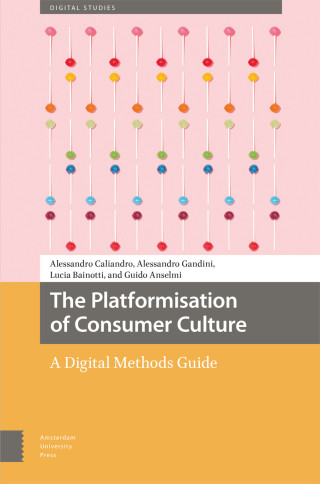
The Platformisation of Consumer Culture
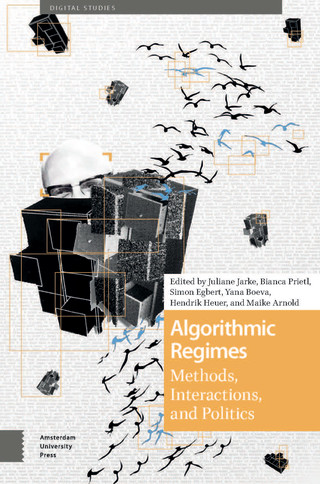
Algorithmic Regimes
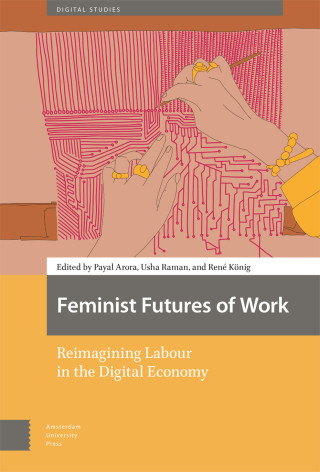
Feminist Futures of Work
